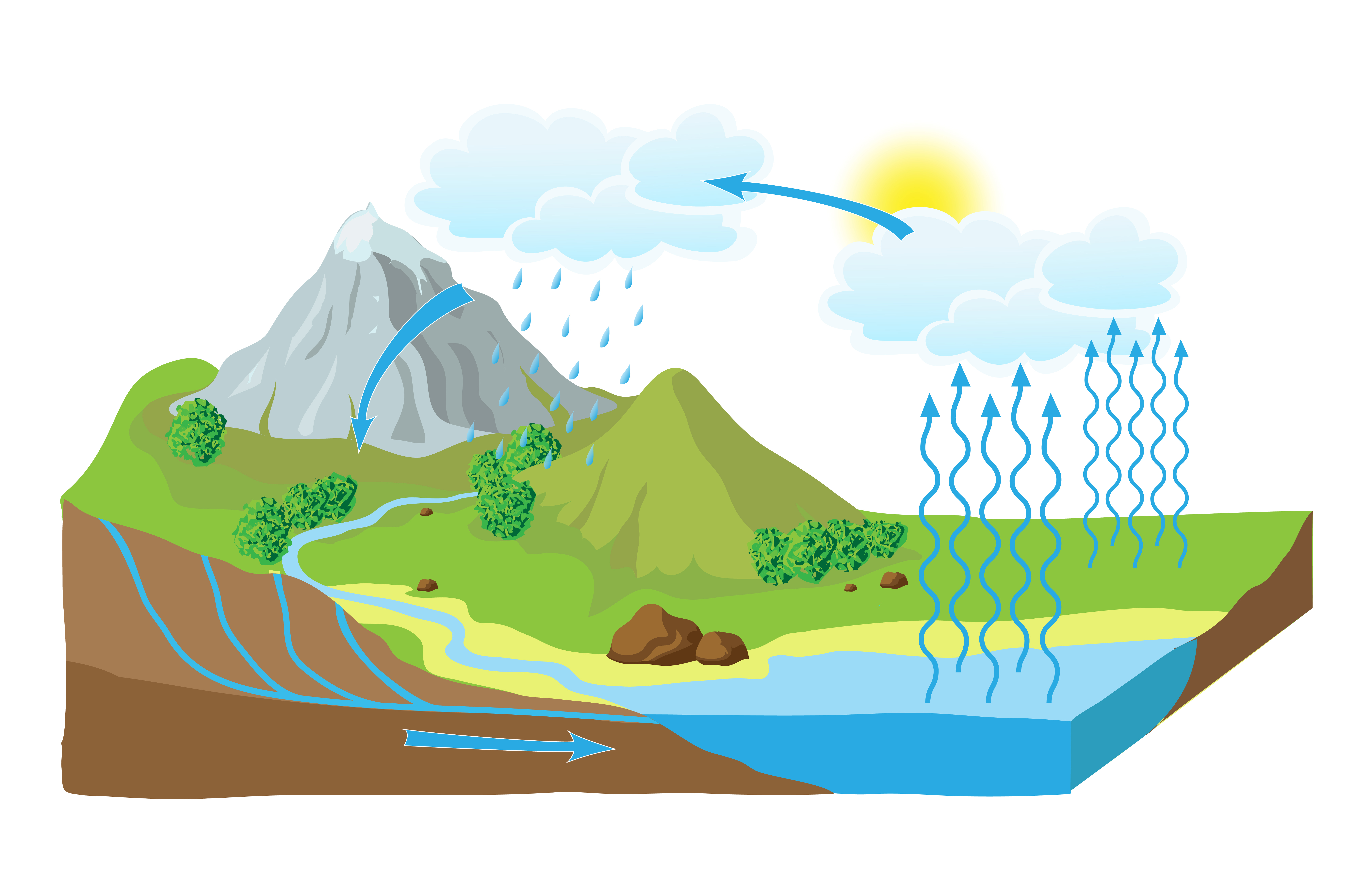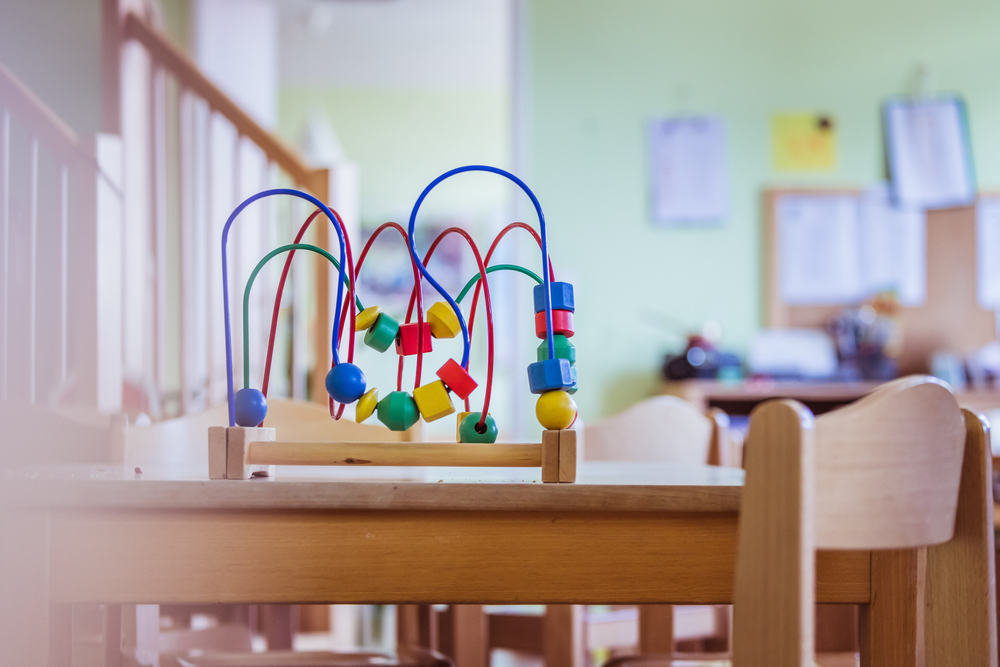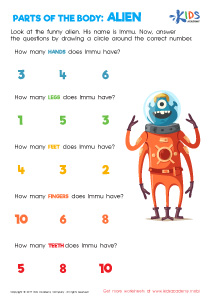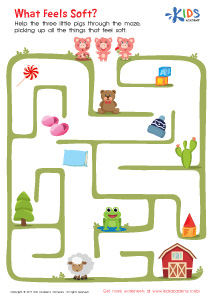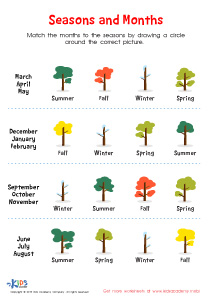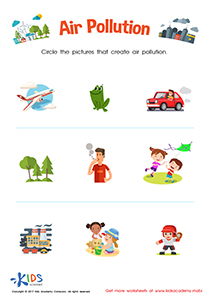Extra Challenge Kindergarten Physical Science Printables
1 filtered results
-
From - To
Kindergarten Free download Extra Challenge Physical Science Worksheets
Introducing our brilliantly designed Physical Science Worksheets for Kindergarten! Our Extra Challenge Worksheets are designed to help your child learn about the basic principles of physical science-related topics. Our worksheets are highly engaging and interactive providing a fun-filled learning experience for young and curious minds. Each worksheet is designed to challenge your child's problem-solving skills, while teaching them about the different types of energy, motion, matter, and more! Packed with beautiful illustrations and real-life examples, these worksheets are an ideal way to instill a love for science in your little ones early on. Watch your child's curiosity soar as they dive into our thought-provoking worksheets!
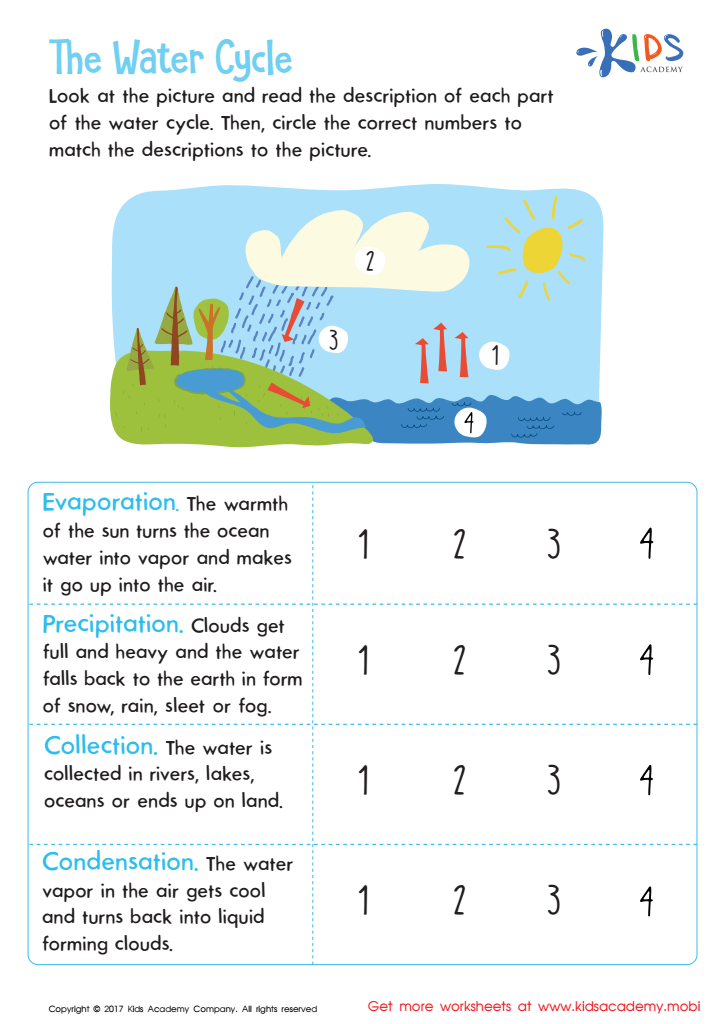

The Water Cycle Worksheet
The Benefits of Using Physical Science Worksheets for Kindergarten Students
Extra challenge worksheets on physical science are excellent learning resources for kindergarten students. These worksheets are valuable for several reasons.
Firstly, physical science worksheets help children to understand the world around them. In kindergarten, children are curious and eager to learn about the things that they see, touch and hear. Physical science worksheets provide a fun and interactive way for children to explore their environment, understand how things work and learn how one thing can lead to another. For example, children can learn about the properties of solids, liquids and gases, and how they can turn from one state to another.
Secondly, physical science worksheets encourage critical thinking and problem solving. These worksheets often require the child to make predictions, hypothesize and test their theories. For example, a worksheet on the properties of magnets may ask children to predict which items in their classroom are magnetic and then test their predictions by using a magnet. Physical science worksheets build the foundation for scientific thinking and reasoning, which is important for success in higher education.
Thirdly, physical science worksheets help children to develop their fine motor skills. Many physical science worksheets require children to draw, color and cut out different shapes and objects. This helps to develop their hand-eye coordination, fine motor skills, and attention to detail. These skills are fundamental for success in other areas of academia like writing, painting, and sculpting.
Fourthly, physical science worksheets provide opportunities for children to develop social skills. Working in groups, children can share their thoughts, ideas and discoveries. They can learn to respect each other's opinions and work collaboratively to solve problems. This is important for developing social skills, which are essential in all aspects of life.
Lastly, physical science worksheets are fun and engaging for children. These worksheets often use bright colors, bold illustrations and relatable themes to capture children's attention. This makes learning about physical science exciting and enjoyable, stimulating their curiosity and fostering a love for learning.
In conclusion, physical science worksheets offer several benefits to kindergarten children. These worksheets help children to understand the world around them, encourage critical thinking and problem-solving, develop fine motor skills, foster social skills and promote a love for learning. Physical science worksheets are valuable resources that can help children to lay a strong foundation for their scientific education.
 Assign to the classroom
Assign to the classroom




